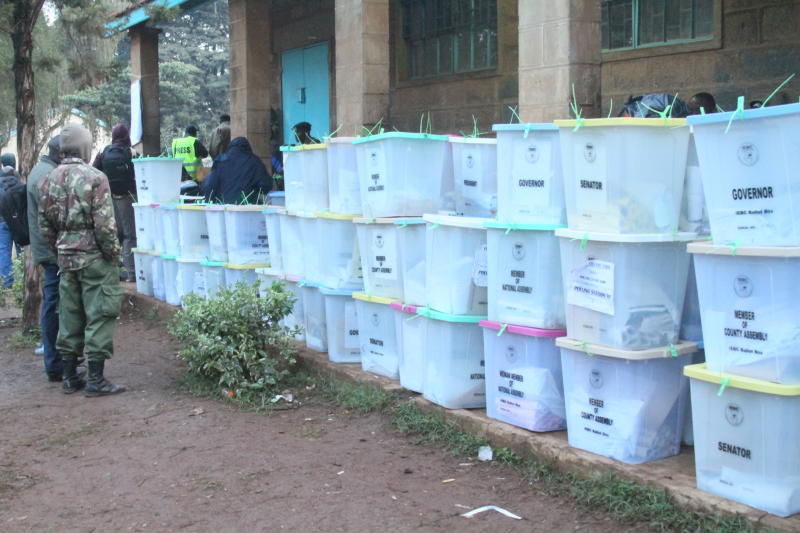
With the 2022 General Election on the horizon, the topic of vote-buying has taken centre-stage. At the primaries for example, the use money to win party nomination was pervasive while complaints of bribery trailed the results. Some of the contestants who lost out claimed that the opponents were openly dishing out cash handouts to voters in queues to vote in their favour.
The culture of vote-buying is not a problem exclusive to Kenya. According to Afrobarometer data between 2003 and 2014, more than a quarter of the population are engaged in vote buying. Studies show that vote buying is a common phenomenon in many developing democracies Africa.